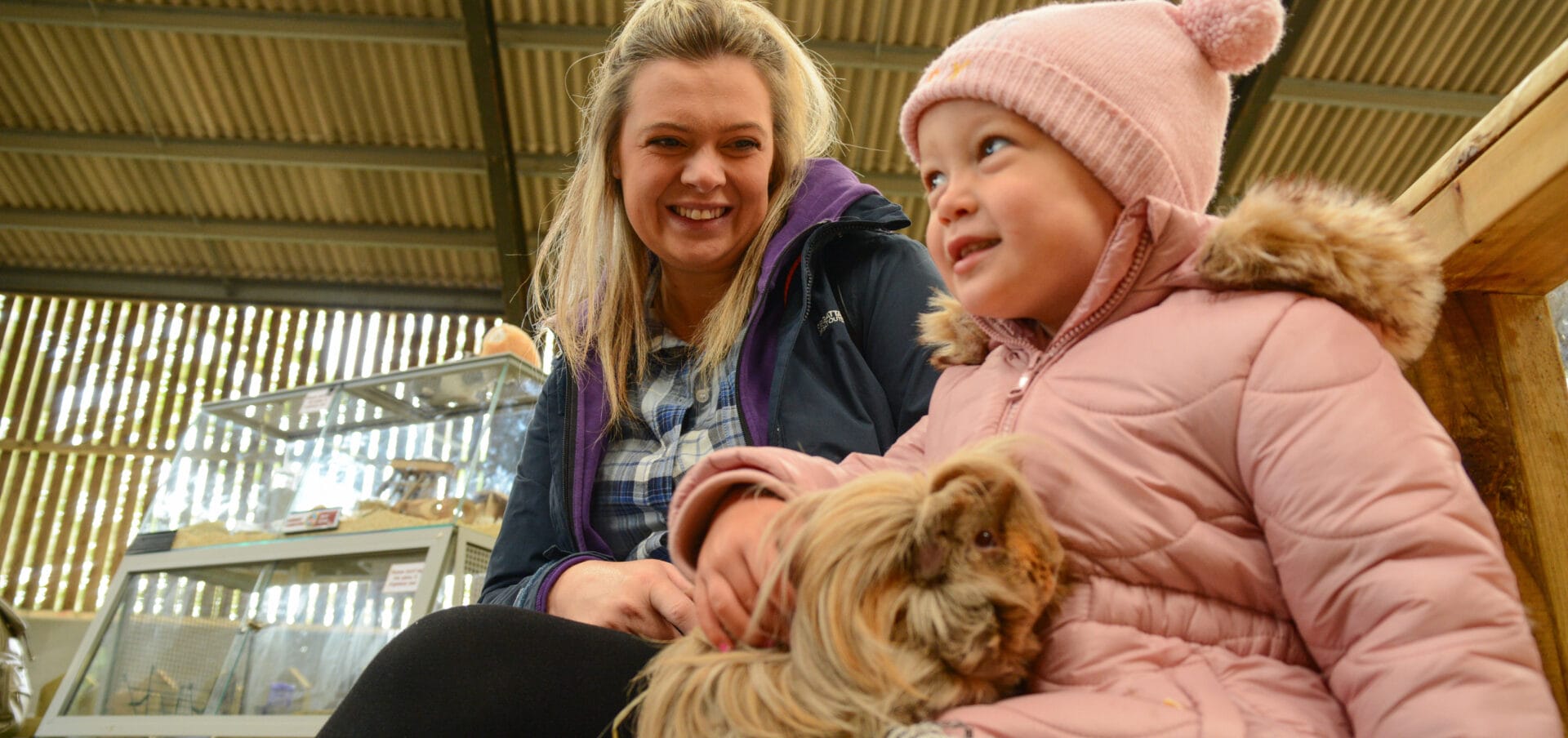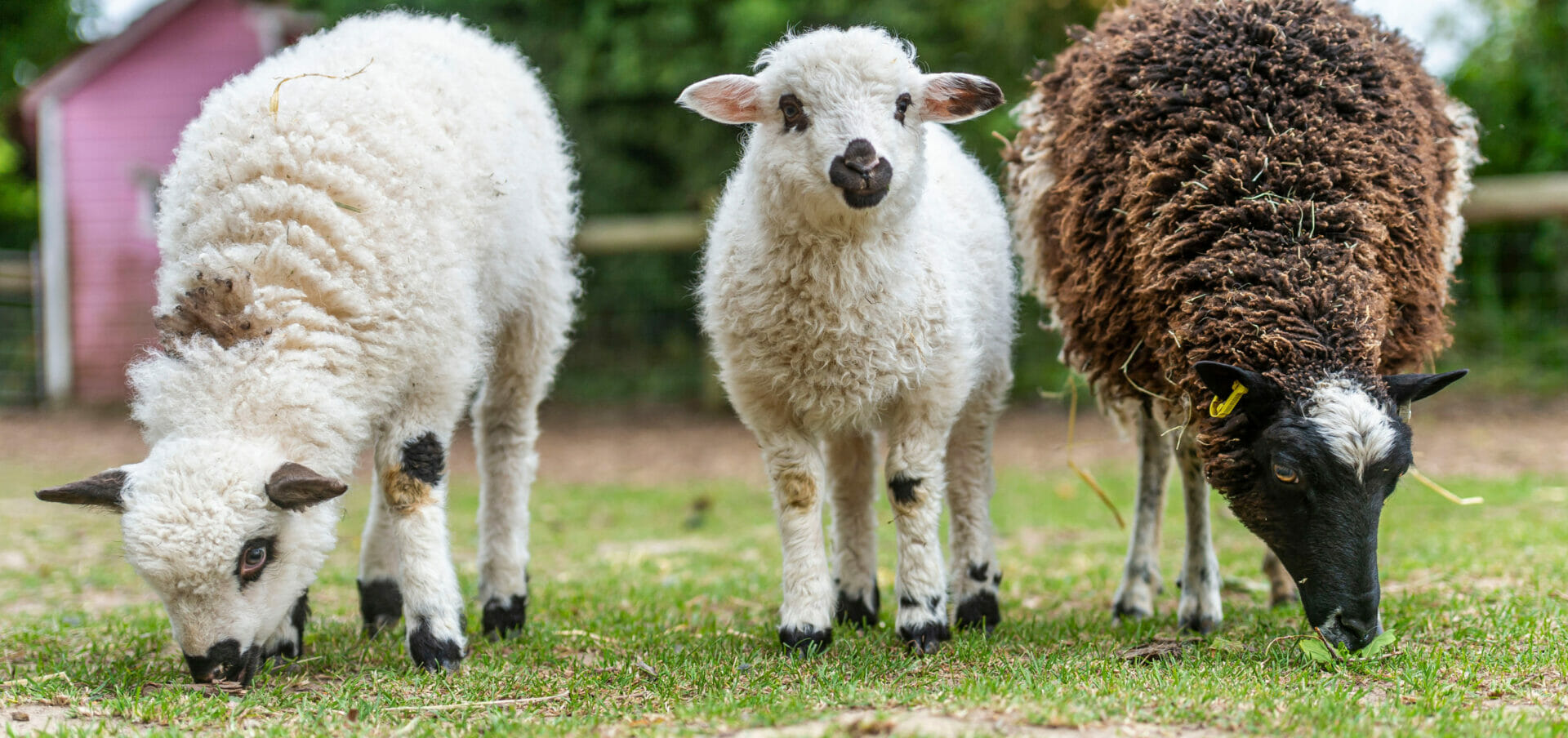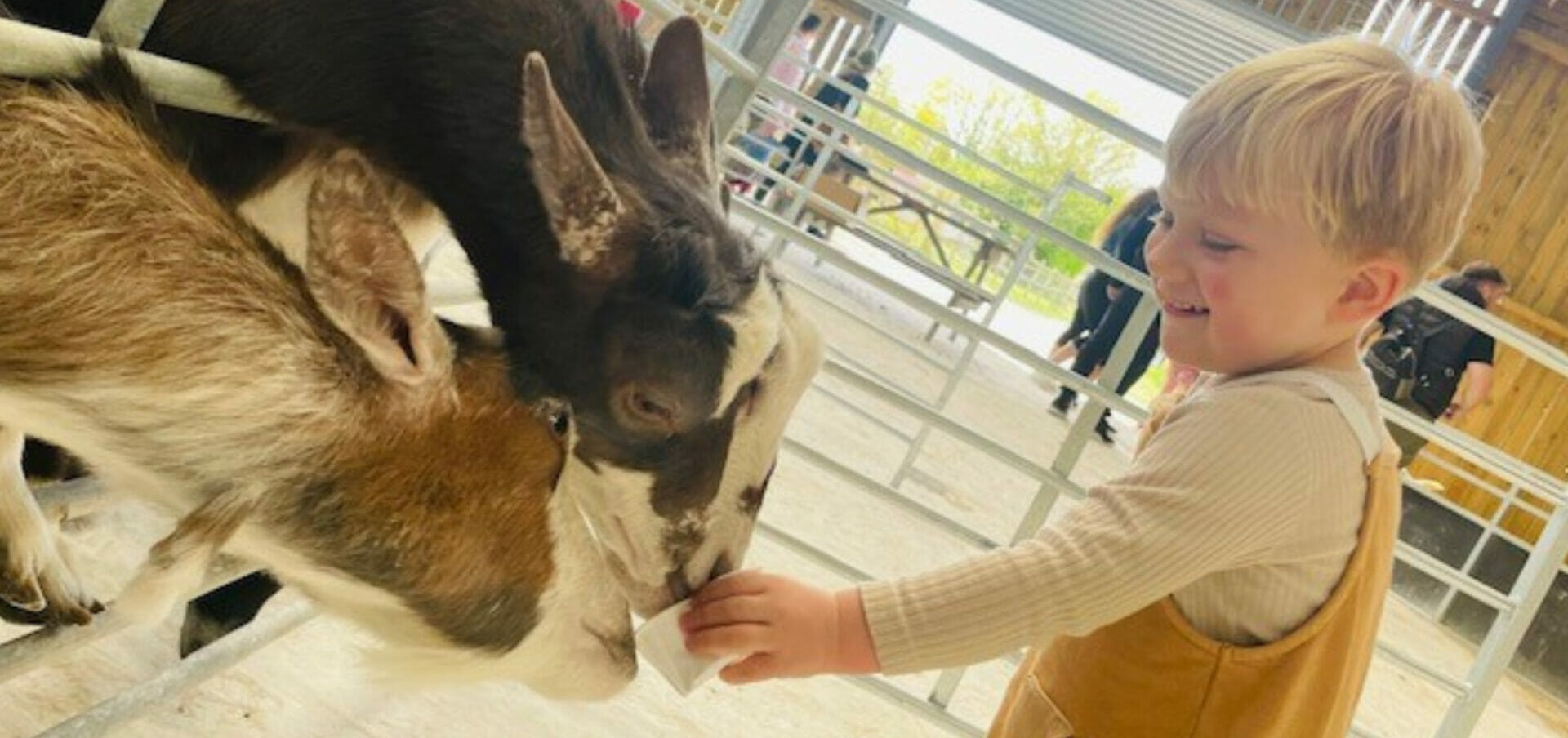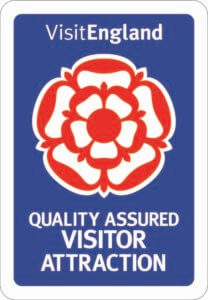Here at Farmer Palmers, we recognise that animals help with children’s development in many ways. We recognise that animals can help meet the emotional needs of children. Interacting with animals supports their learning and development and gives children the opportunity to learn how to be gentle and responsible for others.
Hands-on activities are the best way to learn about animals and to teach respect for living things. This is a big thing for children’s development with animals.
Read on to discover the main benefits that animals provide for children’s development:
Sensory Development

Toddlers and pre-schoolers discover all about their world through seeing, hearing, and touching. Stroking and interacting with animals in close proximity teaches children how various textures feel, for example, the wiry texture of a sheep or the soft fur of a rabbit. Farm animals provide the perfect opportunity to develop listening skills too. The various animal noises will help children identify the animals’ unique sounds. Here at Farmer Palmers, we have a variety of animals, such as donkeys, ponies, guinea pigs, goats, alpacas, chickens & ducks, and many more. Lots of great animals for sensory development.
Motor Skill Development

Motor skills are an important part of a child’s development that allows children to participate in activities and achieve age-appropriate developmental milestones. Motor skills are simply anything that uses their muscles. Gross motor skills involve large movements such as running or climbing, and fine motor skills are small movements such as holding a brush to groom an animal, picking grass, or offering carrots to feed them.
Language Development

This is a big part of children’s development. Language development is the process by which a toddler or pre-schooler learns to understand and communicate. Although the animals cannot talk back, children love to chat away to them and perhaps because they can’t respond, the children fill the silence happily with even more chatter. Spending time with animals is great for learning lots of new words too – like whiskers, hoof, and snout. Children will usually return home at the end of the day and chat away to the family about the animals they saw and interacted with that day, which is great for their family to see how their development is coming along.
Empathy

Young children begin to develop the ability to understand and share the feelings of others, and this includes animals too! When a child is asked questions such as, “Do you think the sheep likes being stroked?” and “Do you think the rabbit is hungry?” these can help children to consider the animals’ feelings.
Food Production

Preschool children conjure up storybook settings for farm animals, which is a great starting point for learning that the soft, feathery free-range hens produce eggs and that the cows out grazing in the field produce milk.
If you want to find out, 8 ways to teach your children where their food comes from, why not read our blog?











